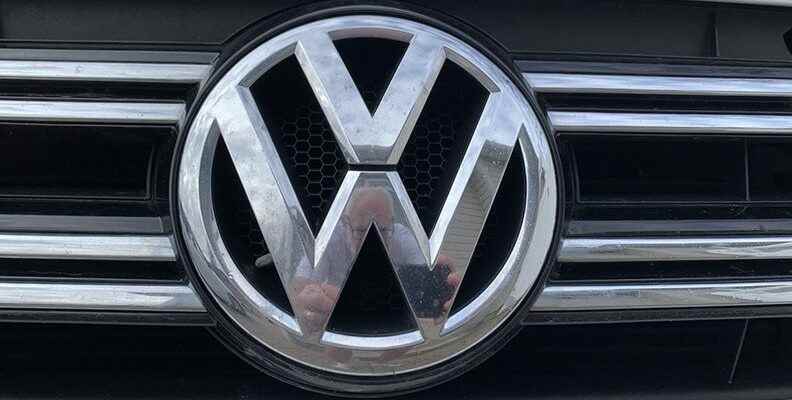
German automaker Volkswagen is looking at build a new EV battery plant in North America and the London region may be in the running.
Volkswagen has announced Canada will be considered for a plant that may employ more than 1,000 workers and have an economic impact similar to a Toyota or Cami assembly plant landing here, automotive industry officials say.
“If Canada gets another full-scale EV plant, Volkswagen or otherwise, it will likely land between the western GTA (Toronto area) and London,” said Brendan Sweeney, managing director for the Trillium Network for Advanced Manufacturing.
St. Thomas has assembled a massive parcel of land to bid for a major manufacturing investment, and would fit the needs for a large-scale automotive EV plant, he said.
“Volkswagen might be looking at Canada because we have a lot of wide open spaces. It is not easy to find a place for a battery plant in the US,” he said.
Canada is a candidate as natural resources used in EV production are mined in Northern Ontario. The southern US also is saturated with vehicle production and mired in a labor shortage. London region’s 5.9 per cent unemployment rate – low by traditional standards – is still higher than some southern US sites and may prove attractive.
“We really don’t know the magnitude of the plant, but it could be 1,000-plus jobs,” Sweeney said.
London is about an 11-hour drive to Chattanooga, Tenn., home to a Volkswagen plant assembling EV vehicles, meaning it is in the one-day drive radius manufacturers favor for suppliers, he said.
Tennessee has a 3.5 per cent unemployment rate and Kentucky, 3.9 per cent.
“Any time they are doing an investment of this size, they will do due diligence and look at all the options,” Sweeney said. “But this is more than preliminary. They are being very public about it.”
Volkswagen and Francois Phillipe Champagne, federal minister of innovation, science and industry, announced Thursday Volkswagen will explore sites in Canada to build the company’s first battery factory in North America to power electric vehicles (EV).
“Battery technology is key for our strategy, which is why we are forging ahead with the expansion of battery business at full speed. Canada is one logical option for the construction of a gigafactory in the region of North America,” Volkswagen Group chief executive Oliver Blume, said in a release on the VW website.
“The country offers high sustainability standards and ideal economic conditions and the government of Canada has already proven to be a strong and reliable partner.”
In July, a Belgian company, Umicore, announced it will open an automotive EV battery supply plant in the Kingston area on a 140-hectare plot of land. Umicore and Volkswagen just announced they have signed a partnership deal where Umicore will supply the German automaker’s EV battery plant, supporting the notion Canada may be a favored site, Sweeney said.
Ontario mines can provide minerals used in EV production including nickel, lithium, cobalt, manganese and graphite as well as copper.
“The Canadian mining sector is seen as a world leader in responsibility and transparency,” Volkswagen said.
Sean Dyke, chief executive of the St. Thomas economic development office, commented on whether he will make a pitch to Volkswagen.
“We would never be able to talk about it if we were. It is great to see the federal government going after this kind of investment,” he said.
“Ontario is a very attractive place to invest in the battery sector. We have a well-trained labor force. We would love to have a company like VW in our community. Who wouldn’t? They are an incredible business.”
St. Thomas has assembled 320 hectares of land to woo new industry in the city’s northeast. The land is mostly bounded by Highbury Avenue, Edgeware Line, Yarmouth Center Road and Ron McNeil Line. There is about 120 hectares, south of Edgeware Line.
Kapil Lakhotia, chief executive of the London Economic Development Corp., also commented on whether he will try to woo Volkswagen.
“Our region has the infrastructure, the capacity, the workforce, to be considered for a large-scale investment in the EV space,” he said.
The region is no stranger to big investments. Production has begun at the new $772-million Maple Leaf Foods plant, employing 1,600.
Earlier this year, Stellantis and South Korean battery maker LG Energy Solution announced they are building Canada’s first large-scale vehicle electric battery plant in Windsor, a $5-billion investment that will employ about 2,500 with full production expected by 2025. The 420,000-square -meter plant will be located on more than 80 hectares of land.
